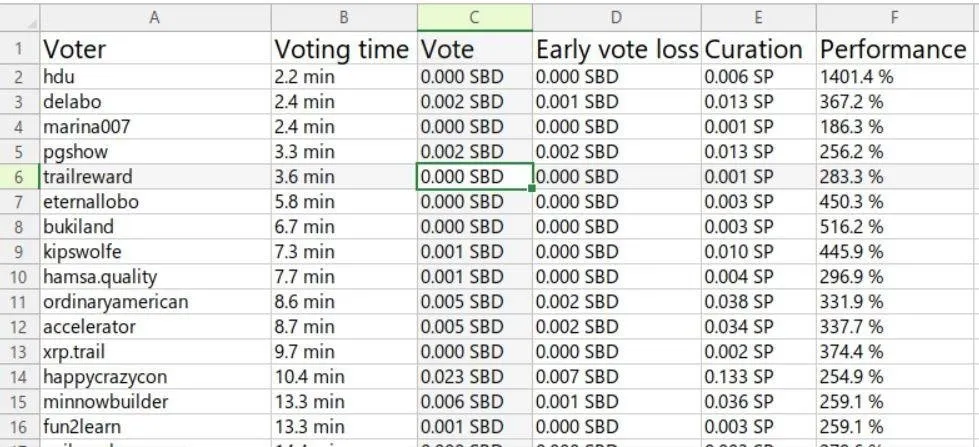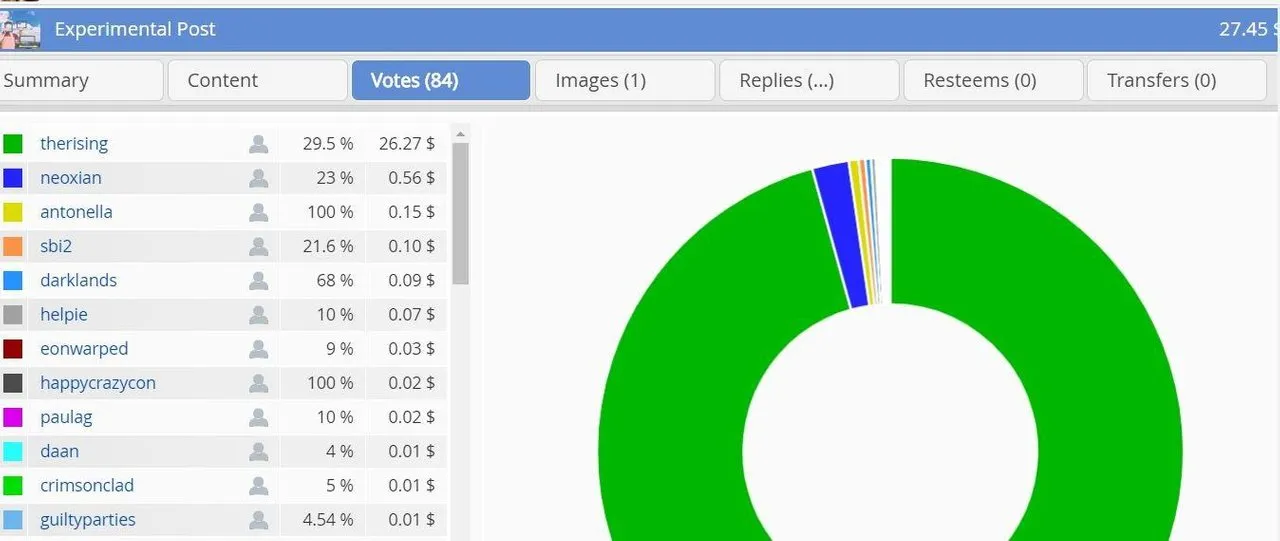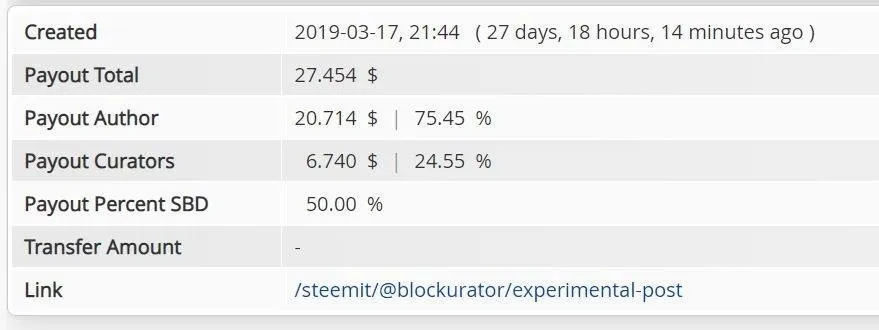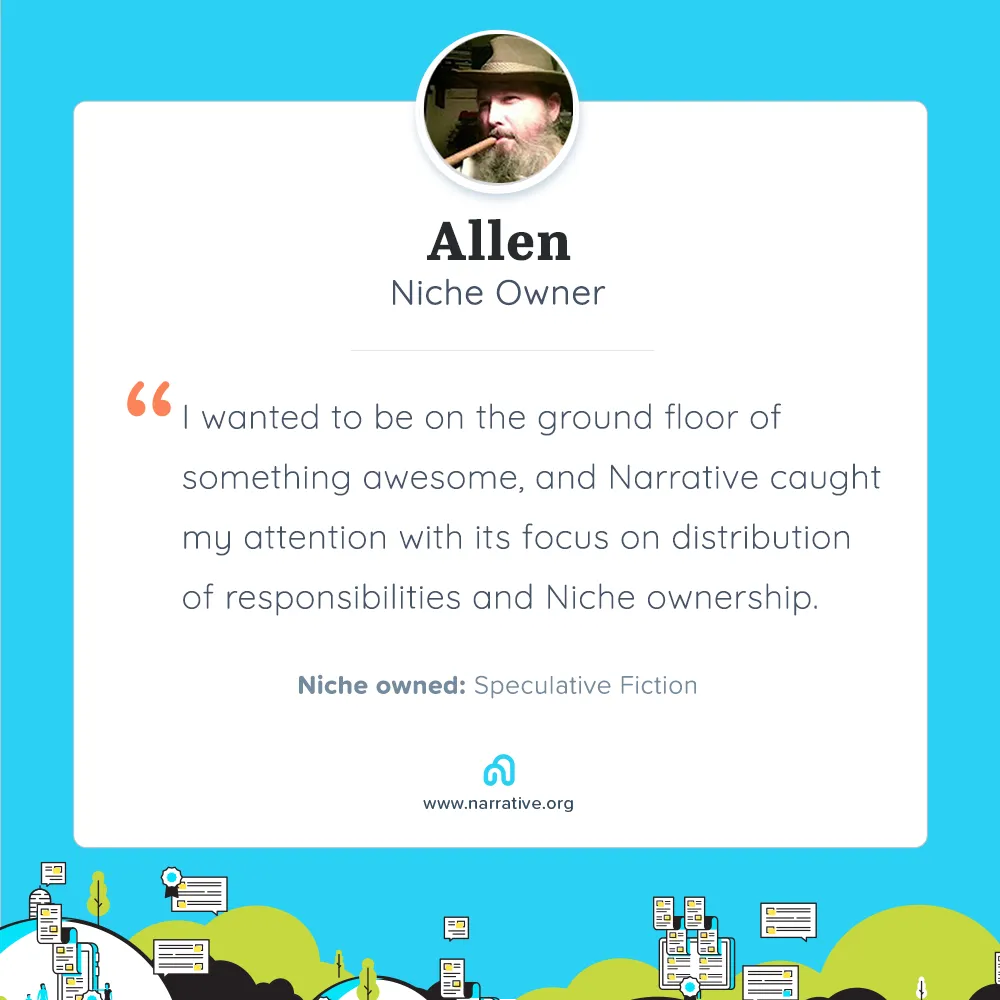Approximately three weeks ago, I published a commentary on Steem bidbots that got quite a bit of engagement. You can see the original experimental test post right here.

Image from Pixabay.
I'd like to apologize for taking so long to circle back around to this. I had intended to publish this post much sooner as I had come upon some extra data that informed me of my error and I wanted to share it. Unfortunately, I waited too long and can't seem to find all of it.
This is a particularly difficult post to write. Not because I have to admit I was wrong, but because I can't show you all the data I'd like to show you (and how I obtained it) in order to shed new light on the questions I wanted to answer. Sometimes life gets in the way. I couldn't publish earlier because I got consumed with tax matters, family business, onboarding a new client, and, yes, the Narrative beta launch. I guess I'll have to do my penance.
Back to the matter at hand. In my previous post, I made some erroneous assumptions. I knew when I published it I'd be inaccurate on some of them, but I had no idea by how much I'd be off. It was by A LOT.
As much engagement as that post received (there were 145 comments -- a record for me, I think), not a single person showed up to defend the bidbots. I was disappointed. As much business as they get, you'd think someone would show up and tell me how wrong I was in my conclusions and point me in the right direction. One person did. He didn't stoop to defending the bidbots, but he did question my math, and I'm thankful he did.
A big thanks to @ecoinstant for pointing out my error and getting me some data (real data) to analyze. Now I'm going to set the record straight (as best I can).
A Steem Bidbot Case Study (And Disclaimer)
I'll go ahead and get the disclaimers out of the way:
This post does not constitute an endorsement of bidbots, nor is it a criticism of them. It is simply a continuation of a case study on the economics of using bidbots to upvote posts. I do not claim the results of my experiment are universal or based on reasonable expectations. Every use of bidbots could potentially turn out differently.
Nevertheless, I'm excited to share this new data.
How Bidbots Can Increase Rewards for Every One
I'm not going to rehash the entire post where I discussed the results of my Steembot experiment. Again, you can read it here. I'm going to focus on the rewards discussion part of that post, and specifically on ROI, because that's where the focal point of my experiment rested, and it was the locus of my error. But before I discuss that, I want to state outright what I expected the results to be.
When I started the experiment, I had three hypotheses:
- I expected to get a higher ROI with my experimental post using a bidbot and no other promotion as opposed to spending two hours writing a great post and promoting it in Discord channels;
- I also expected that manual human upvotes would produce higher rewards on average for one of my normal posts than all the upvotes on my experimental post; and
- I expected that the bidbot would increase rewards for all other upvoters on that post.
In my last post, I showed that I was right about the first two hypotheses and wrong on the third. As it turns out, I was actually right on the third one, as well.
So let's go to the data:
In the previous post, I made this statement:
The bot's portion of the total upvote value for that post equates to 95.7%. If the bot received that percentage of the total curation rewards, then it took $6.45018 and left about .29 STU for everyone else, a paltry sum to divide between 25 accounts. On the other hand, those 25 accounts would have divided $1.18 STU without the bidbot vote, the lion's share of that going to @neoxian, a manual human voter.
This was based on a faulty assumption. The part in bold is the part I got wrong. The actual figure The Rising bidbot received as a percentage of curation rewards was 81.3% (keep reading; I'll show you the math below).
@ecoinstant sent me a spreadsheet with data pulled from the blockchain that included the voting times, upvote values in SBD, the amount of curation reward each voter actually received, and the performance percentage of their upvotes (which I interpret to be an equivalent to ROI). Here's a glimpse of the data:

From @ecoinstant
This data comes from an app currently in development and @ecoinstant wouldn't reveal the source. I don't blame him, but I did manage to spot check some of the numbers at the time that he sent it to me and they checked out to be pretty close to accurate. The source I used was Steemworld.

Screenshot of Steemworld.org
At the time, when I received @ecoinstant's data, I spot checked some of the data on that spreadsheet immediately and shared my findings with my source.

Here's a screenshot of @ecoinstant's data showing the payout of @therising bidbot:

From @ecoinstant
Note the 20.8% in the last column of the spreadsheet. That's the performance percentage of that bidbot vote. The bidbot's 81.3% of the total curation rewards amounted to 20.8% ROI (upvote value divided by curation rewards). So how do I know the bidbot got 81.3% of the rewards pool?
11.829 SP (Bidbot curation reward) / 14.549 SP (total curation reward) = 81.3%.
That's the easy math. Calculating the 20.8% return was a little trickier. I based my calculations on the STEEM and SBD valuations as reported by CoinMarketCap seven days after post publication time.

Screenshot of Block reported on Steemworld.org
You can see the post publication time was March 17, 2019 at 21:44 EST. Otherwise known as 9:44 p.m. I tried to get as close to 9:44 p.m. on March 24 as I could and determined the price of STEEM and SBD to be $.484105 and $1.06 USD, respectively. That's a ratio of 2.1896:1 (STEEM:SBD).
The problem, of course, is that upvote values are being reported in SBD and curation rewards are being reported in SP, so we need to convert one of them. Let's multiply the upvote value of 25.320 SBD by the STEEM:SBD ratio (2.1896), and we get 55.440672. Taking that number and dividing it into the 11.829 SP curation rewards on the spreadsheet and we end up with 21.33% ROI for The Rising bidbot.
That's not 20.8%, but the difference can be explained in a couple of ways. Because the app is a robot and I'm working manually, it's likely more accurate because it can pinpoint exact times, which are important for calculating rewards and upvotes on the blockchain. It could also be using valuations from an exchange rather than from CoinMarketCap. Either way, I'm satisfied that @ecoinstant's data is pretty accurate. And what that tells me is, all of the upvoters on my experimental post received positive payouts on their upvotes. I don't believe the bidbot destroyed their returns at all. So what are those returns?
A look at the data shows that every other upvoter saw a positive performance (ROI) with the highest being 1401.4%. Poor @jaichai, he came late to the party and only got 9.1% return. Besides @jaichai, The Rising bidbot actually saw the lowest returns from all upvoters. I actually find that surprising.
Even when we account for the early voting penalty (anyone upvoting a post within the first 15 minutes gets a small penalty in rewards payout). The highest among those was .007 SBD by @happycrazycon, who voted at 10.4 minutes after publication time. That upvoter saw a 254.9% return on their upvote.
My grand conclusion is this: Based on this case study, there is no reason to believe that upvoters lose rewards on all bidbot votes. In fact, as I originally surmised, bidbot votes can lead to higher rewards for other voters. But I want to reiterate my disclaimer: The evidence is inconclusive. What that means is, this experiment doesn't account for all factors that can affect upvote values and curation rewards. For instance, it's likely that a bidbot vote at 15 minutes after post publication time would drastically affect the curation rewards of anyone upvoting a post after that. So I'm not willing to say that bidbots are intrinsically profitable, but this case study does call into question the oft-repeated mantra that bidbots do damage to the rewards pool. Sometimes they do, and sometimes they don't.
One final word. None of this has anything to say, of course, about the repercussions of the trending page that shows nothing but mediocre posts (at best) propped up by bidbots. I still believe something should be done about the trending page, but I'm not willing to condemn bidbot use outright.
Note: If you're tagged below, it's because you upvoted or commented on my first commentary post. This will not be a regular occurrence.
@lukestokes @daan @raj808 @buttcoins @sbi2 @shanibeer @darklands @crokkon @connecteconomy @thedolphincocoon @minnowsupport @veryspider @kaerpediem @traciyork @dswigle @marianennewest @helpie @crimsonclad @helpiecake @thekittygirl @cheese4ead @hope-on-fire @eonwarped @brittandjosie @c-squared @eturnerx @arcange @cOff33a @new-world-steem @isaria @josephsavage @papilloncharity @godflesh @wolfhart @kevinwong @nickyhavey @quillfire @paulag @joanstewart @manoldonchev @plantstoplank @tombstone @whatsup @wales @tryskele @etcmike @thekitchenfairy @dr-frankenstein @bluerobo @breakoutthecrazy @joeylim @toddrjohnson @fullcoverbetting @blueeyes8960 @mattifer @aejackson @steem-plus @minnowbuilder @goldendawne @fionasfavourites @nurseanne84 @watersnake101 @adamada @seadbeady @derekrichardson @roselifecoach @deltasteem @rebeccabe @anroja @flaxz @hiddenblade @wolfnworbeikood @sevendust04 @nathanmars @bembelmaniac @clayboyn @infamousit @bengy @zainenn @redpossum @choogirl @musicvoter @ezravandi @atomcollector @discordiant @solarwarrior @carrieallen @doomsdaychassic @cinelonga @mindstabber @raphaelle @bdmillergallery @indusrush @newenx @sickshark @lionsmane @blewitt @peter-ella @sarez @metametheus @kipswolfe @frankcapital @margarita-de @ladyangelwolf @kanhiyachauhan @torico @norwegianbikeman @steemph.manila @alexworld @filipino @bigmoneyman @moeostar @fun2learn @delegate4upvot @derangedvisions @romeskie @nailyourhome @jlsplatts @lillywilton @gjart @pgshow @jayna @socent @siomarasalmeron @lunaticpandora @jimswan @michael2011 @n32mente @davidjhope @frankduna @doana @marina007 @markaustin @luffnoisy @viktorpetro @makonsapad @nicemetric @klaraminasyan @kosirinr @vorovskoy44 @nevisajar @oghansing @sitere @atiterist @suprenoon @yirempon @touldenta @tarishedi @fotaditi @orengas @simponoo @coorden @imisal @issis @roompof @merist @etrili @ustil @edyaimire @iseata @findar @uthised @utatim @teedsisar @rersurir @elyas3 @kingeazi @yestermorrow @gabyoraa @bflanagin @mammasitta @bennettitalia @eagle2 @anarcho-andrei @longer @trevorpetrie @kentonlee @votes4minnows @zaxan @foxyspirit @cepul @rye05 @kafupraise @mattiarinaldoni @stonermedal @hazem91 @amymya @luisferchav @verhp11 @silentscreamer @jbrrd @andohyara @archaimusic @ggd3yydze @pechichemena @emsteemians @atomicannie @vadimlasca @free-reign @veckinon @soulturtle @javicuesta @hornetmusic @kbr @lazybird @arconite @spawnband @recordpool @rishhk @zedpal @velocity007 @mrbarckhoff @gregoryhedrich @thewhalehunter @reedhhw @jchappe @imaloser @xhx @smartkid809 @orl4ndo @ledjo1991 @thauerbyi @freebornangel @dramatoken @buttcoins @wales @cardboard @bluerobo @c-squared @adamada @watersnake101 @brittandjosie @sevendust04
Get your weird lit on:
| Garden of Eden | Sulfurings | Deluge |
|---|---|---|
 |  |  |
| At Amazon | At Amazon | At Amazon |

At Amazon

While you're here, check out the backside 5:
- Introducing Blockurator's Steem Monsters Leasing Program
- Narrative: A Critical Look
- Narrative Launch: My First impressions
- Narrative Launches at Noon Today
- Explore Coinbase Earn

Review Me, Please

Created by @EdibleCthulhu




Join me on Narrative